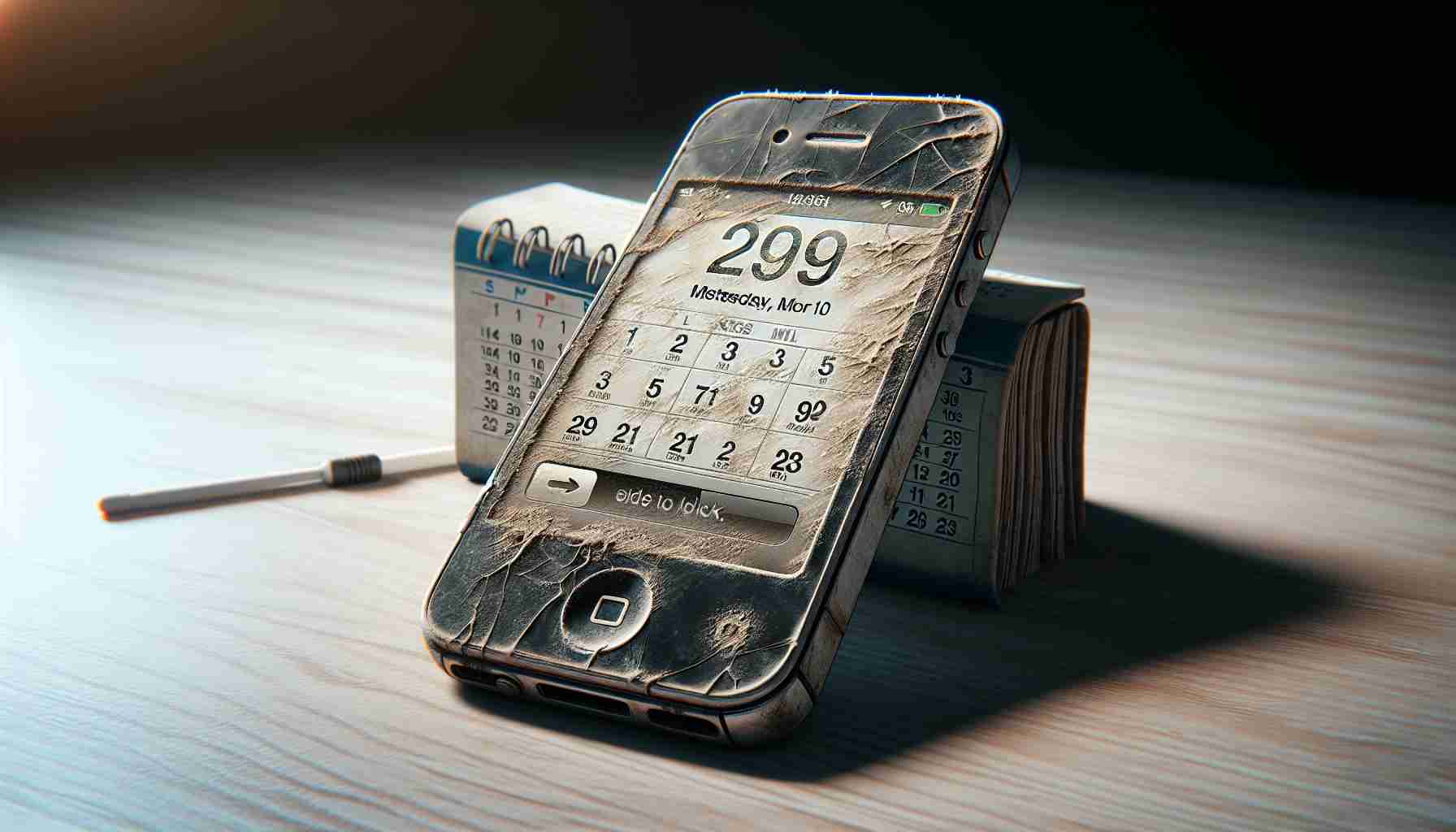
On September 22, a young woman from Jiangsu took to a social media platform to share her astonishing experience of unlocking her iPhone 4s that had been locked for ten years. Her post quickly captivated millions of viewers, sparking curiosity and nostalgia among commenters who remembered the past.
In the video, the woman explained how her phone became locked in 2015 without any clear reason, with a notification indicating it would unlock in over 80,000 hours. After switching to a new phone and pursuing her studies, she had almost forgotten about it until recently. Motivated by a wave of nostalgia, she decided to charge the old device and was surprised to discover that it only had 288 minutes remaining until it could be accessed.
Four hours later, she eagerly shared another video, in which she successfully unlocked the long-forgotten phone. Within the gallery, she discovered cherished memories, including videos of her beloved cat who had passed on. She expressed her reluctance to reset the phone, explaining that the sentimental data held significant emotional value for her. As she explored the device, she was taken back to a time when mobile phones felt more durable, and she noted the phone’s operating system was still at iOS 6 with a mere 16GB of storage.
This viral moment resonated with many viewers, evoking memories of their own past experiences. Reactions ranged from playful nostalgia to admiration for the resilience of the old technology.
Decade-Long Wait: The Tale of a Locked iPhone 4s
In a remarkable twist of fate, the story of a young woman from Jiangsu who unlocked her iPhone 4s after a decade highlights not only the sentimental value of technology but also raises important discussions around device longevity and data accessibility. This event has ignited a broader conversation about the implications of technology in our lives, especially as devices evolve more rapidly than users can keep up.
What led to the iPhone 4s becoming locked for so long?
The phone was reported to have entered a locked state due to multiple failed attempts to access it. The notification stating it would become usable in over 80,000 hours raised eyebrows—not because of a technical glitch but rather the implications of device locks and the user’s choice to move on to new technology. This long waiting period underlines both the limitations of early smartphone technology and the psychological impact on users who face similar situations.
Key Challenges and Controversies
Despite the captivating nature of this story, several challenges arise. One major issue involves the debate over user rights and ownership of data. Should individuals have unrestricted access to their devices after a prolonged lockout? This scenario poses legal and ethical questions surrounding mobile device manufacturers’ control over data access and user privacy. Additionally, this case brings forth the concern of planned obsolescence in technology, where older devices are phased out of support, leading to issues of accessibility and usability for long-term users.
What are the advantages and disadvantages of using older technology?
The advantages of using older devices like the iPhone 4s include nostalgia, durability, and the ability to retain personal memories stored within the device. For many, this can evoke a sense of identity linked to significant life events. Furthermore, returning to simpler technology can nourish sentiments of minimalism and sustainability in a rapidly digitizing world.
On the flip side, older devices come with disadvantages such as lack of security updates, diminished app compatibility, and sometimes limited functionality compared to modern smartphones. Users may also find it challenging to repair or find parts for aging technology, which can complicate continued use.
Projected Future of Locked Devices
Looking ahead, this story underscores the need for changes in how technology companies handle locked devices and user data. With the growing number of obsolescent devices, reform in policies regarding locked devices could ensure that users remain connected to their past and their data, rather than feel trapped by it.
In conclusion, the unlocking of this iPhone 4s after ten years serves not just as an individual narrative but as a larger commentary on society’s relationship with technology and the various implications surrounding it. As technology advances, finding a balance between innovation and accessibility will be essential.
For more insights about the evolution of mobile technology and data privacy, visit TechCrunch or The Verge.
The source of the article is from the blog elperiodicodearanjuez.es
